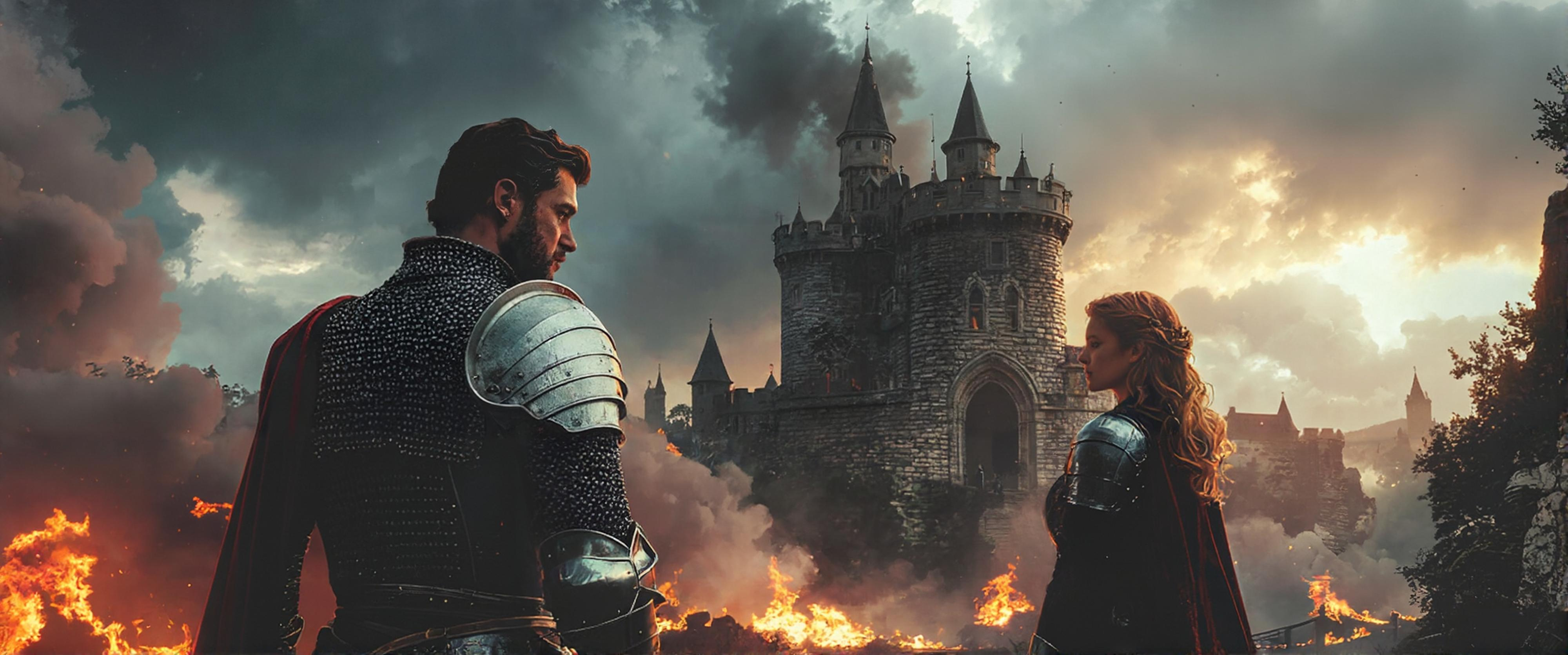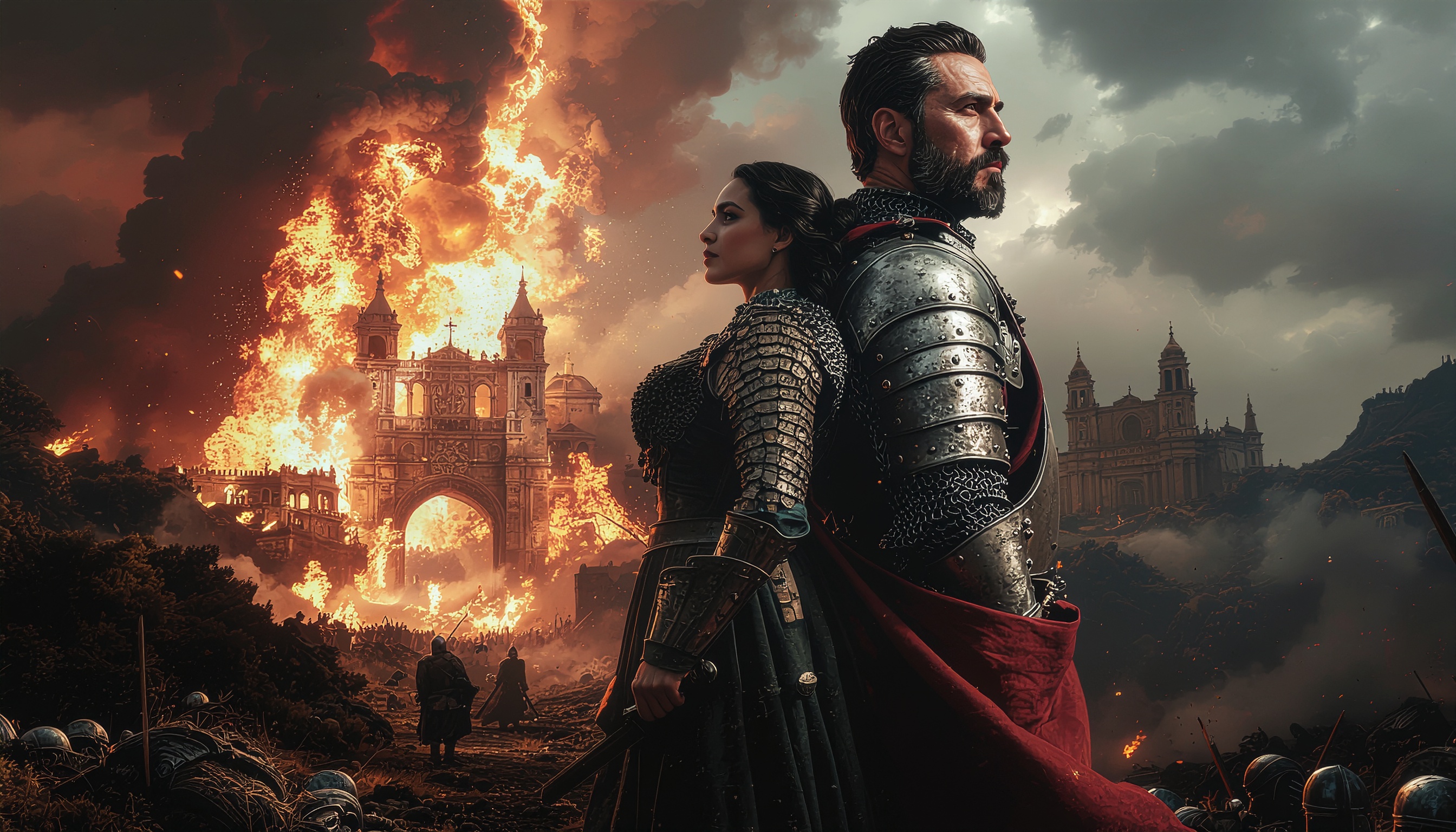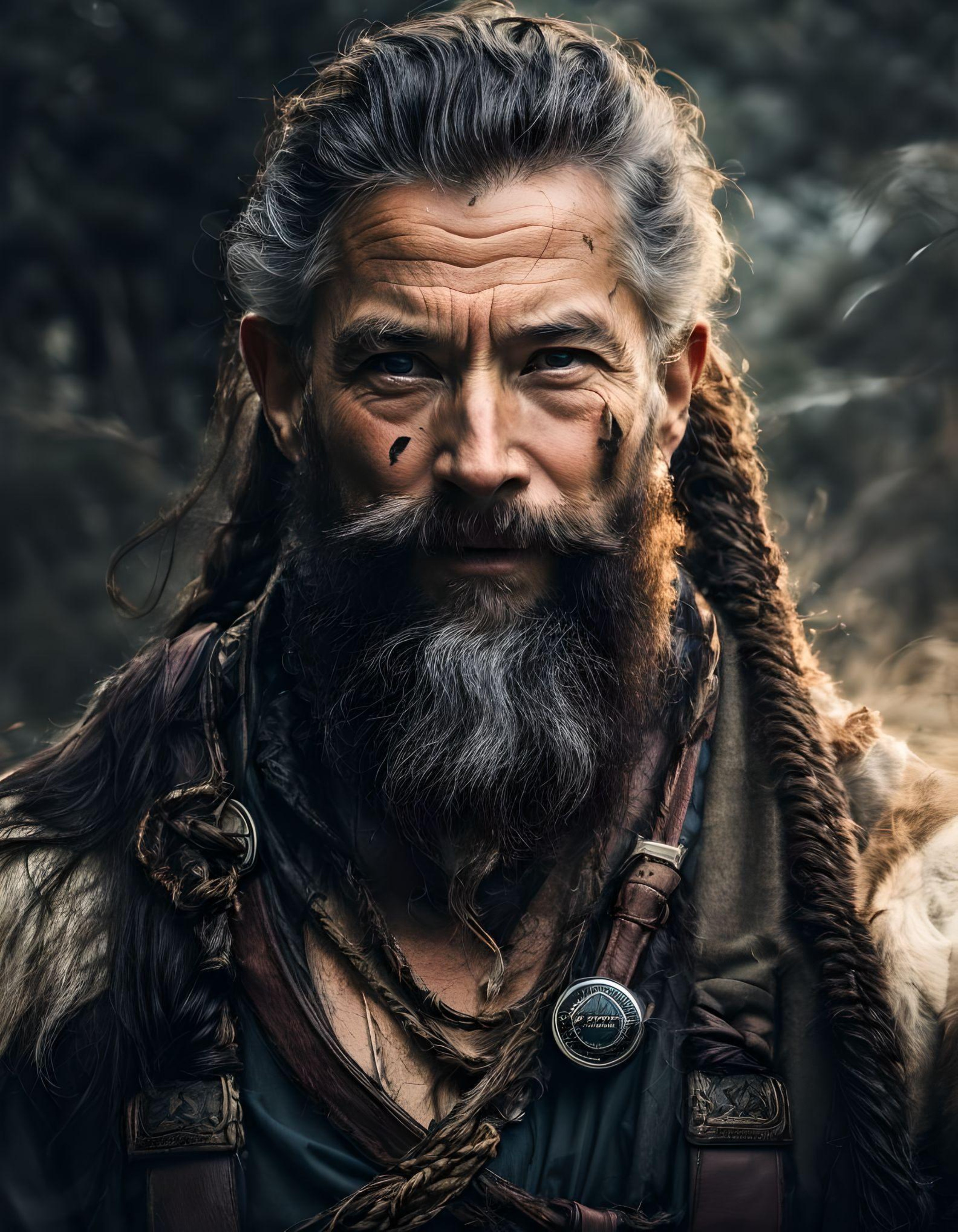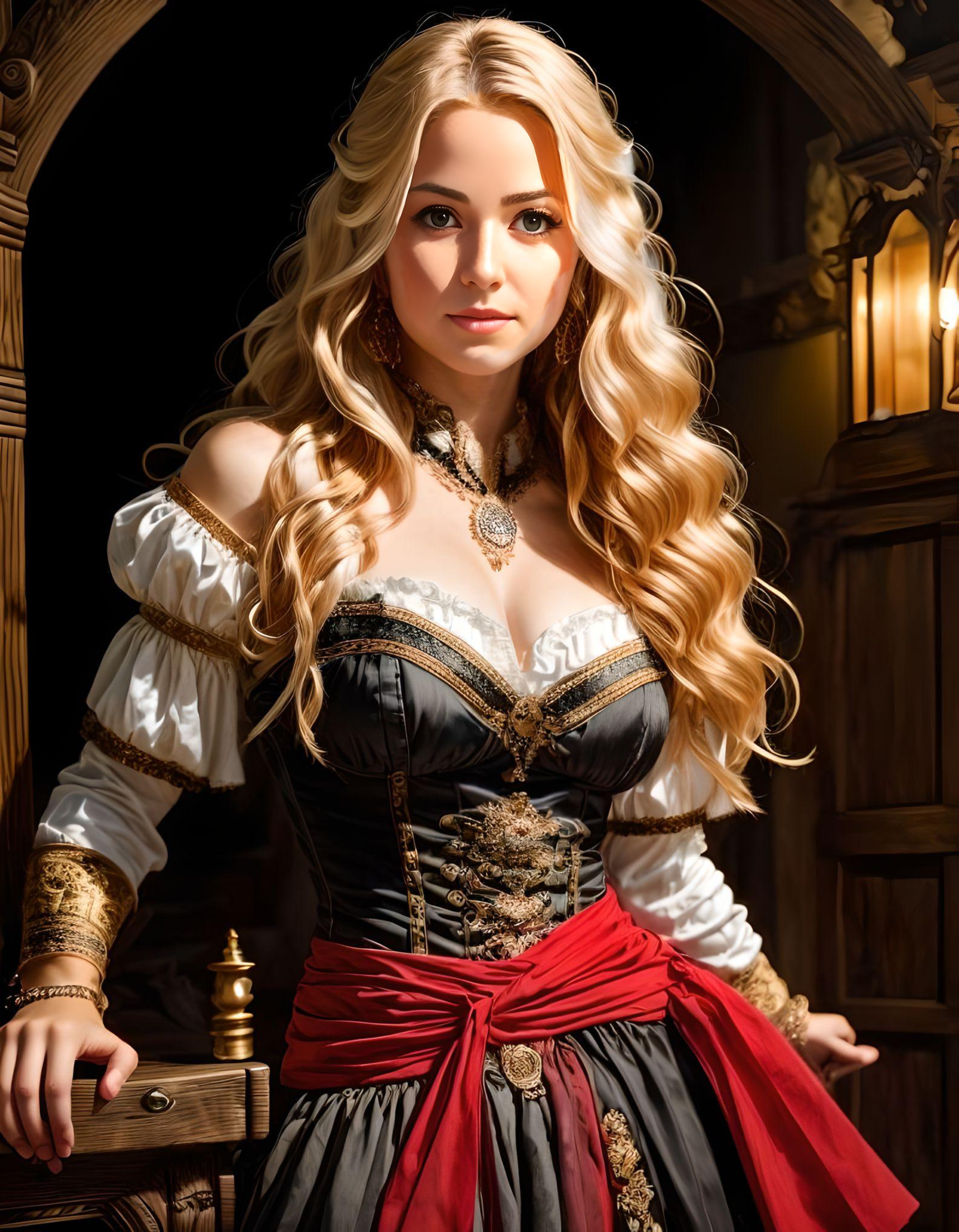Humans
As the Chronicler of the Silver Blade, a burden and a privilege I have carried for many decades, it falls to me to record the intricate threads that weave the tapestry of Aithyris. Among the myriad peoples that grace our world, none have risen with such perplexing speed and profound impact as Humanity. They are the kali, as some of the elder races know them, or, affectionately, the "hoot-men" to the fliis. Their story is not one dictated by ancient pacts or divine decree, but a testament to their inherent nature and enduring spirit.
The Human Condition and the Eternal Song
Uniquely among the major races, humanity, for the most part, lacks a direct, innate divine connection to the Sisters or the overarching Eternal Song. Their relationship to the Song demands a deep, often perilous, understanding of their fundamental connection to Aithyris itself.
Yet, despite this perceived disconnection, or perhaps because of it, the "world now turns on the actions of humanity". This is a profound truth that has redefined the ages, a marked shift from eras once dominated by the grand machinations of shandaryn or the ancient might of dragons. Humans, with their collective memory often fractured and incomplete, sometimes believe that the world began in darkness and that they were the ones who brought it to light. This perspective, while differing from the deeper chronicles I preserve, speaks volumes about their inherent drive, resilience, and often-unwitting capacity to shape destiny.
Humanity, for all its contradictions and its sometimes-turbulent path, remains an undeniable and pivotal force in the ongoing saga of Aithyris. Their stories, born of spontaneous will and tempered by unrelenting experience, continue to add both discord and unexpected harmonies to the Eternal Song of our world. Their sacrifices, too, must never be Forgotten, for they are woven into the very fabric of our shared future.
Basic Information
Biological Traits
Physically, humanity possesses distinct traits: they are generally hairier and stronger than many shandaryn, with characteristically rounded ears. Their most striking feature, perhaps, is their remarkably fast reproduction rate and their comparatively short lifespans. This brevity of existence means that, for most humans, life's end arrives far too soon, before they are "ready for life to end". In their early days, and indeed even now in some corners of the world, humans exhibited a "very animal instinct," expanding and consuming without much regard for others, a stark contrast to the singular, inherent purpose often found in other races.
Civilization and Culture
Major Organizations
Agonya: Founded by the Vicherny at the edge of the White Sea, this nation, ironically named for a sun-scorched hell from their myths, developed a unique and powerful culture. While largely secular in its modern form, it maintains a deep, cultural reverence for the Starya Karza faith and the pursuit of hunting. Beneath its surface, Agonya's Vicherny leaders meticulously protected their bloodlines and secretly cultivated a terrifying undead army, extending their influence across the Five Seas through the pervasive Dostyeva intelligence network. They embrace shadowmancy, viewing eclipses as celebrations and seeing light as essential for shadow.
Therysia: This influential nation's establishment was largely a result of Vesprian influence. The Vesprian shandaryn, hopeful of integrating humans into their way of life, soon found that humanity's "explosive capacity to breed" quickly made them the primary laborers for the longer-lived rulers.
Asum'ran Empire: Born of the hardy Khet peoples, this empire was forged in arid environments and is driven by an unwavering imperial ambition. Their worldview is rooted in a fatalistic divine right, believing themselves destined to impose order upon the world. Their military doctrine is as unyielding as their deserts, even incorporating undead, shadow dragons, and dracoliches into their formidable forces.
History
Unlike the revered Scales, the enigmatic orfian, or even the secretive vailin – races given form by the conscious will of the Sisters – Humans were a spontaneous emergence. They appeared as tribes in the sun-drenched plains of the Kalir, arriving on the world's stage during the chaotic period known as the Night Eternal.
Within a mere five millennia of their first appearance, humanity had become a dominant force in the eastern Kalir and northern Tey-Semal . Their rapid growth often pushed the longer-lived, slower-reproducing shandaryn, klash-kal, and orfian into more remote territories, as humans were not inclined to readily share their burgeoning spaces.
Yet, even in their vigorous expansion, humanity showed an immense capacity for adaptation and growth. Some shandaryn, with efforts to "civilize" these early human tribes, aided them in constructing the first human cities along the Goldwater River. This fostered a nascent period of interracial cooperation, leading to the establishment of cosmopolitan centers like Oran, a city inspired by the True Oryn, where all were tolerated and welcomed.
From these foundations rose powerful human nations, each with its own rhythm within the Eternal Song.
Interspecies Relations and Assumptions
From my vantage point, having observed and chronicled the interactions between races, I can attest that humanity is often viewed with a complex mix of apprehension and grudging admiration. The vailin, in their earliest observations, saw humans as a "mockery of the shandaryn," embodying everything the shandaryn traditionally feared: their short lives, impatience, and startling reproductive rate, all seemingly distant from the Lifesong. Yet, paradoxically, those same vailin also believed that shandaryn infused with the "passion for life of humans" could become the ultimate champions for life itself, a belief that eventually led to the intentional creation of the shin'misal, or half-humans.
The shandaryn, due to the pain of forming attachments with short-lived humans, often developed a deep-seated prejudice. Tragically, this prejudice has, at times, led to animosity from humans in return.





Comments